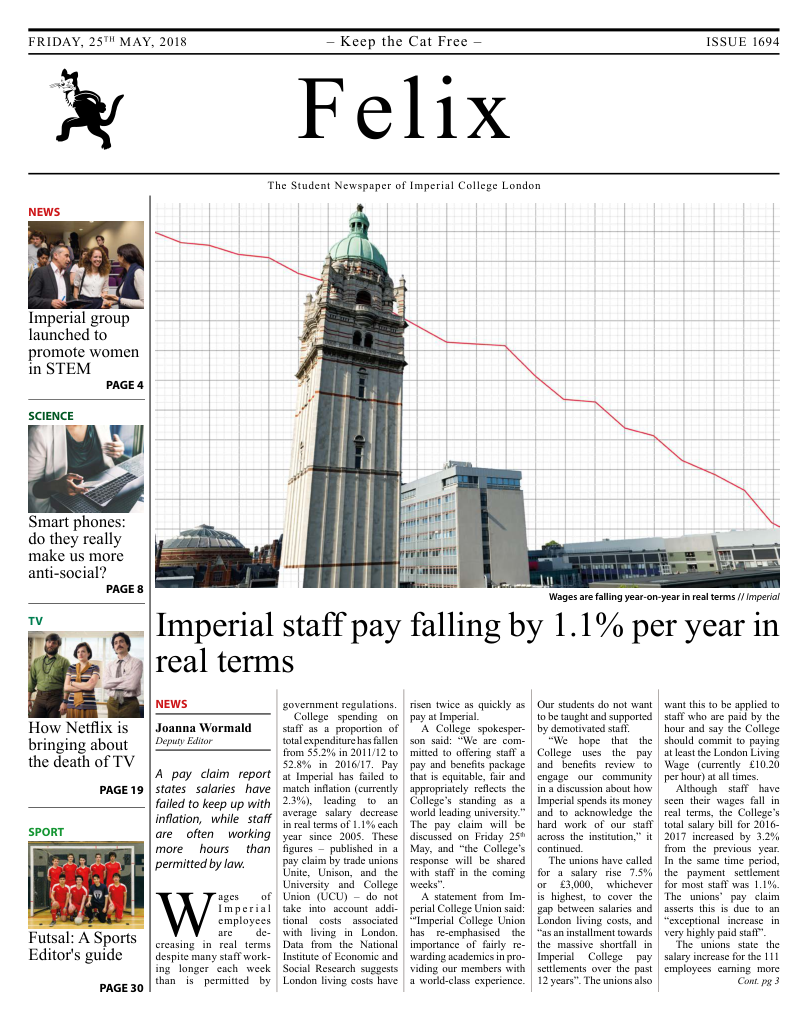One Hundred Shadows leaves us in the dark
This short novel from Hwang Jungeun promises a magical exploration of post-industrial Korea, but falls short when it comes to giving us answers.

This ethereal short novel seamlessly weaves elements of fantasy with reality, producing a work of fiction that is as bizarre as it is engrossing. Author Hwang Jungeun affords us a small glimpse into the lives of Eungyo and Mujae, two friends working at electronic stores.
During a day out, Eungyo is inexplicably following a shadow in the woods, and the temptation is too great to turn back until her friend Mujae asks her what she is doing. Only in describing the shadow she is following does she realise it was her own. Mujae warns her, that no matter what happens, she should never follow her shadow again if it rises.
Mujae and Eungyo work in two different electronic stores, in the slums of Seoul. Their livelihood is threatened as the buildings in which the stores are housed in are to be demolished, following the ever-growing trend of gentrification. The rise of Eungyo’s shadow draws the attention of her employer and Mujae, each sharing their experiences with the physical manifestation of shadows, almost always leading to tragedy.
The relationship between Mujae and Eungyo develops, as the hardships they experience bring them closer to each other. This culminates in the final scene of the novel, in which Mujae impulsively buys what he deems to be a car, and drives with Eungyo to an island for the day. Taking in what the island has to offer in scenery and culinarily, they miss the last ferry off the island. As the sun sets, and darkness overwhelms the island’s inadequate streetlights, Mujae’s shadow begins to rise. Eungyo wakes Mujae from his trance and they walk into the night with the shadow trailing, fearless of what its presence foreshadows.
The nature and significance of these shadows are ambiguous: they appear to draw their strength as their owner weakens, slowly overcoming them and their lives. Why do these shadows rise? Do they only afflict the poor or are they simply a metaphor? These are questions left unanswered. Frankly, that confused me rather than piqued my curiosity. I confess that it was difficult to put down the novel as I sought to glean more knowledge of the shadows, but was left disappointed when it was not forthcoming. The novel does touch on the least advertised aspect of the South Korean miracle economic revolution: those left behind by its inequality. It was this element that drew me most upon reading the synopsis. However, these were not explored to any substantial depth, which was unfortunate as I believe it would have added a greater dimension to the novel. While its fantastical nature prompted comparisons to The Vegetarian by Han Kang, who wrote the introduction to the book, its impact fell far short of Kang’s masterpiece.
ONE HUNDRED SHADOWS by Hwang Jungeun (translation by Jung Yewon) And Other Stories. 120 pp.









